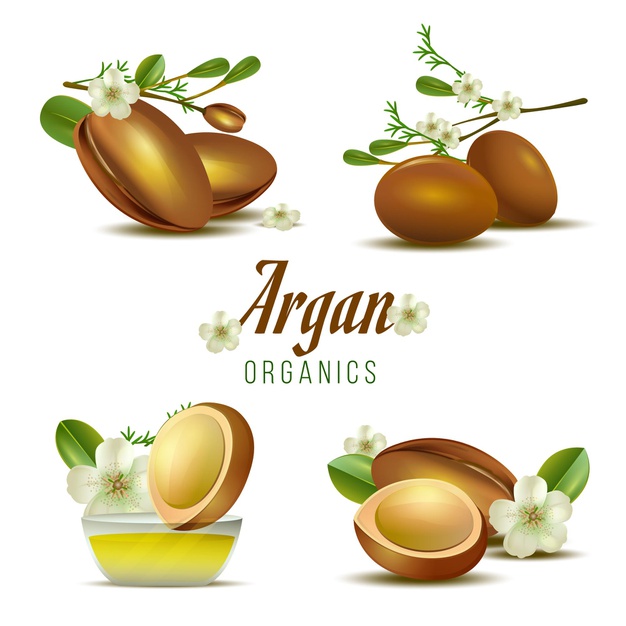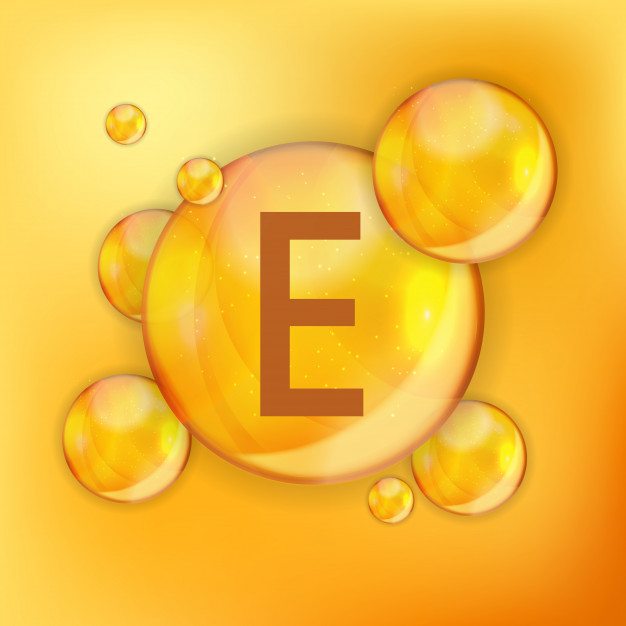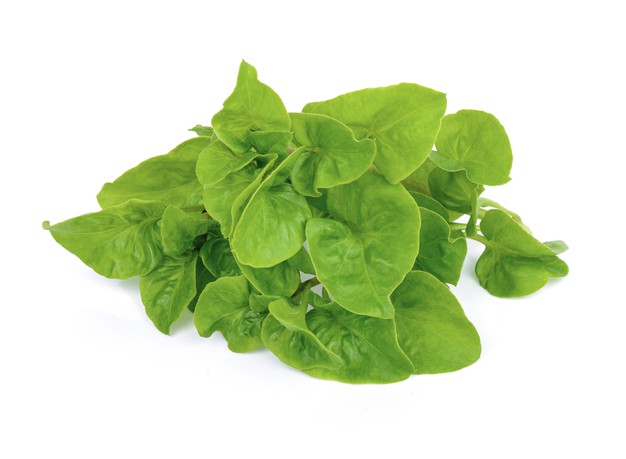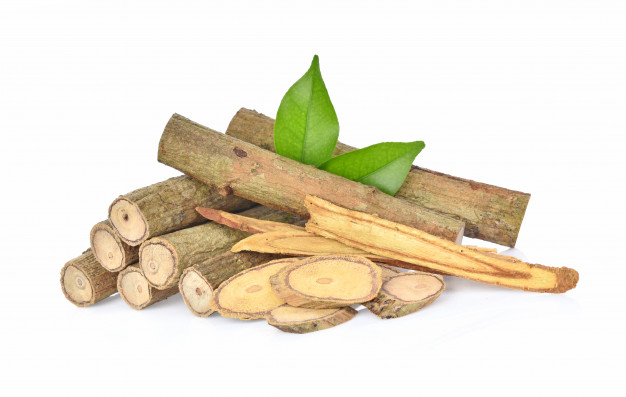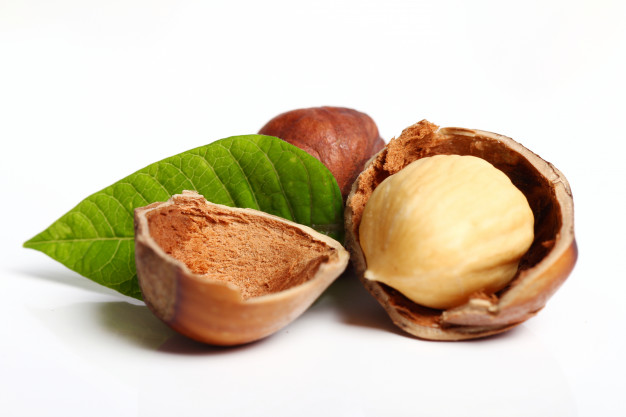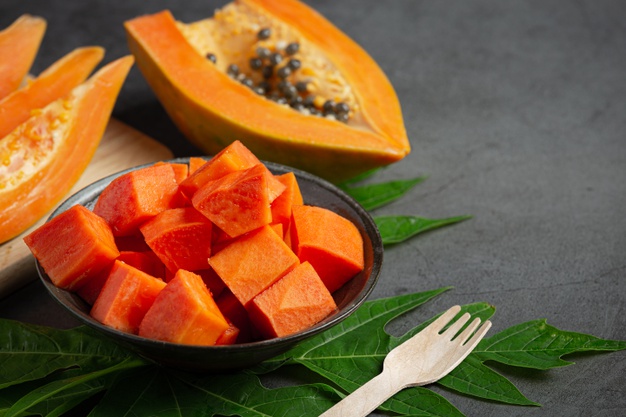Oil which is obtained from argan tree is generally known as argan oil. It has been traditionally used for treating various skin as well as hair problems whereas it also offers several other health benefits.
Characteristics
- It is liquid in room temperature
- It is generally light yellow in colour where as it is also found in light red colour
- It has a delicate fragrance
- Its vitamin E and fatty acids contents are responsible for its soothing, moisturizing, firming, disinfecting and regenerating activities
Nutritional profile
- It is primarily composed of fatty acids
- It contains both saturated and unsaturated fatty acids but the amount of unsaturated fatty acid is comparatively higher than saturated fat
- Oleic acid and linoleic acid are the main unsaturated fatty acid found in argan oil
- It is packed with various polyphenolic compounds, which are responsible for exhibiting potential nutraceutical effects
- It is also rich in Vitamin E

Biological activity
Antioxidant activity
- Its polyphenolic components and Vitamin E components are considered as the main components responsible for exerting antioxidant activity that help to protect the body from oxidative damages
- It contains various other components, like CoQ10, plant sterol and melatonin, which also show strong antioxidant activity
- It helps to reduce the concentration of free radicals in body thus decreases the prevalence of oxidative stress
- It also helps to protect the body from the harmful effects of ROS (reactive oxygen species) therefore reduces the risk of developing chronic diseases

Anti-carcinogenic activity
- Polyphenolic components of argan oil exert strong anti-carcinogenic effects and decrease the prevalence of carcinoma
- It helps to suppress the growth as well as the reproduction of cancerous cells
- It also helps to hinder tumor cell growth
- It plays vital role in reducing the prevalence of prostate cancer, breast cancer and colon cancer
Anti-inflammatory activity
- It is related with decreasing the concentration of inflammatory markers in body hence helps to prevent inflammation
- It helps to prevent joint swelling as well
- It has seen that application of argan oil on inflamed area significantly reduces pain
Health benefits
Role on skin
- It has profound beneficial activities on skin. It has seen that application of argan oil on skin significantly improves skin health
- It acts as an imperative moisturizer that helps to moisturize the skin. It is also associated with hydrating the skin. Its Vitamin E and fatty acids components are responsible for providing hydrating effects as they help to increase water retention in skin thus its application is very effective for those individual who have flaky and dry skin
- It helps to protect the skin from the harmful effects of UV radiation as a result it is related with preventing sun burn and hyper-pigmentation
- It has seen that its long term application is closely related with decreasing the risk of developing skin cancer and melanoma
- Argan oil has been traditionally used to treat several skin infections as it has potential antibacterial and fungicidal activities that are associated with treating both fungal and bacterial skin infections
- Argan oil helps to prevent atopic dermatitis, which is an abnormal skin condition characterized by red itchy skin. It has seen that application of argan oil to the affected area significantly improves the symptoms of atopic dermatitis as it provides soothing effects. Vitamin E component of argan oil and its anti-inflammatory effects are also accountable for treating this dermatitis
- Its antioxidant activities are responsible for exerting anti ageing effects that significantly reduces ageing and help to provide the skin a younger look
- It is also associated with improving skin elasticity
- Stretch marks, which are very common during pregnancy though anyone can experience it at any age, can be treated by using argan oil
- It also helps to reduce the oiliness of skin as it has sebum reducing capabilities, which ultimately helps to decrease total sebum thus reduces oiliness of skin
- It is very effective for decreasing the risk of developing wrinkles, acne, rosacea and psoriasis

Role on hair

- Its oleic acid and linoleic acid contents are responsible for providing proper nourishment to the hair that in due course promote hair health
- Its moisturizing effect is also very useful for conditioning the hair. It has seen that molecules of argan oil is relatively smaller than other oil molecules thus argan oil can easily penetrate into hair cuticles and makes the hair softer and smoother
- Anti-inflammatory activities of argan oil is responsible for preventing dandruff and itching scalp
- Its fatty acid components are accountable for promoting scalp health and help to decrease hair fall as well
- Massaging of argan oil to the scalp is closely related with increasing the blood circulation that ultimately promotes hair growth and also helps to make the hair relatively stronger
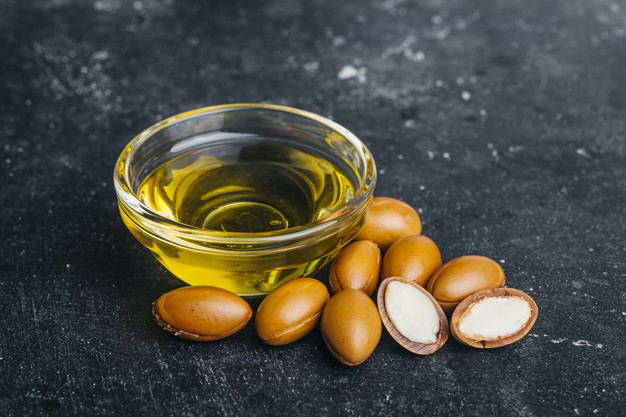
Role on cardiac health
- Its unsaturated fatty acid contents and antioxidant components are considered as the main cardio protective components that help to promote cardiac health
- Its monounsaturated fatty acid mainly oleic acid plays significant role in improving cardiac functionality
- It helps to protect the heart as well as the vascular system from both oxidative and inflammatory damages, which help to reduce the susceptibility of developing cardio vascular diseases
- It helps to reduces hypertension as well
- It has seen that it is also associated with decreasing the concentration of bad cholesterol (LDL) in body whereas improves the level of good cholesterol (HDL), which helps to inhibit plaque formation within blood vessels thus significantly reduces the prevalence of atherosclerosis and coronary artery disease

Hypoglycemic effect
- It exhibits hypoglycemic effects thus its utilization is considered as awfully helpful for decreasing elevated blood sugar level
- It helps to decrease insulin resistance, which ultimately helps to improve the symptoms of type 2 diabetes mellitus
- It has seen that it significantly reduces fasting blood sugar level
Role on wound healing
- It plays significant role in accelerating the wound healing process
- Its antioxidant as well as anti-inflammatory activities are responsible for healing the wound faster
- Its vitamin E content also plays significant role in wound healing
- It is very effective for healing the burn wound
Culinary uses
- It is extensively used as dressing oil but it can be used as cooking oil too. Though it is best suitable as dressing oil
- It can be widely used as a finishing oil for drizzling on vegetables or on fishes or on pasta or on soups
- It can also be consumed with bread
- It can be used for salad dressing also
- It has seen that it is served with honey over pancakes
- It can also used for preparing sweet as well as savory dishes

General consideration of using Argan oil
- It can be applied on skin or can also be consumed
- It is also available in supplemented tablet form
- It should be kept away from light as it is light sensitive thus it can be easily destroyed by light. So it is better to store the oil in a dark tint glass bottle for preventing its deterioration
Risk factors
Though argan oil is safe for topical uses or for consumption but it may develop contact dermatitis in some people. Contact dermatitis is a condition characterized by the development of itchiness, rashes and redness at the site of application.
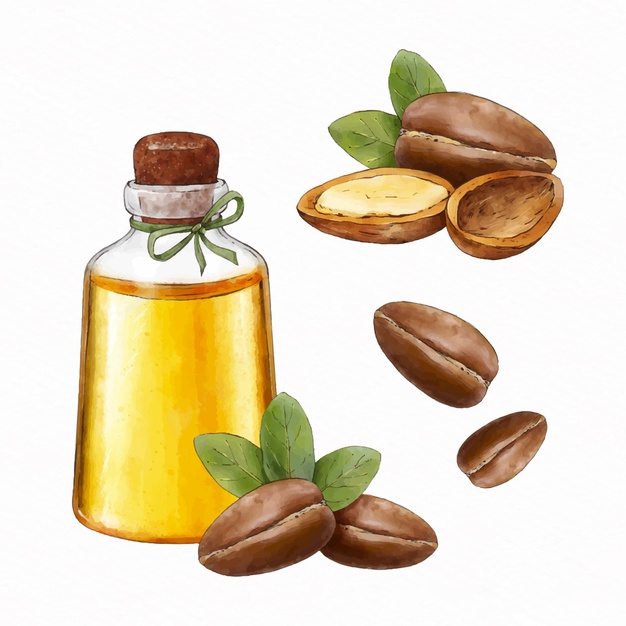
Source:
Charrouf, Z. and Guillaume, D., 2008. Argan oil: Occurrence, composition and impact on human health. European Journal of Lipid Science and Technology, 110(7), pp.632-636.
Charrouf, Z. and Guillaume, D., 2010. Should the amazigh diet (regular and moderate argan-oil consumption) have a beneficial impact on human health?. Critical reviews in food science and nutrition, 50(5), pp.473-477.
El Abbassi, A., Khalid, N., Zbakh, H. and Ahmad, A., 2014. Physicochemical characteristics, nutritional properties, and health benefits of argan oil: A review. Critical reviews in food science and nutrition, 54(11), pp.1401-1414.
Guillaume, D. and Charrouf, Z., 2011. Argan oil. Alternative Medicine Review, 16(3), pp.275-279.
Lizard, G., Filali-Zegzouti, Y. and Midaoui, A.E., 2017. Benefits of argan oil on human health—May 4–6 2017, Errachidia, Morocco.
Menni, H.B., Belarbi, M., Menni, D.B., Bendiab, H., Kherraf, Y., Ksouri, R., Djebli, N. and Visioli, F., 2020. Anti-inflammatory activity of argan oil and its minor components. International journal of food sciences and nutrition, 71(3), pp.307-314.
Monfalouti, H.E., Guillaume, D., Denhez, C. and Charrouf, Z., 2010. Therapeutic potential of argan oil: a review. Journal of Pharmacy and Pharmacology, 62(12), pp.1669-1675.
